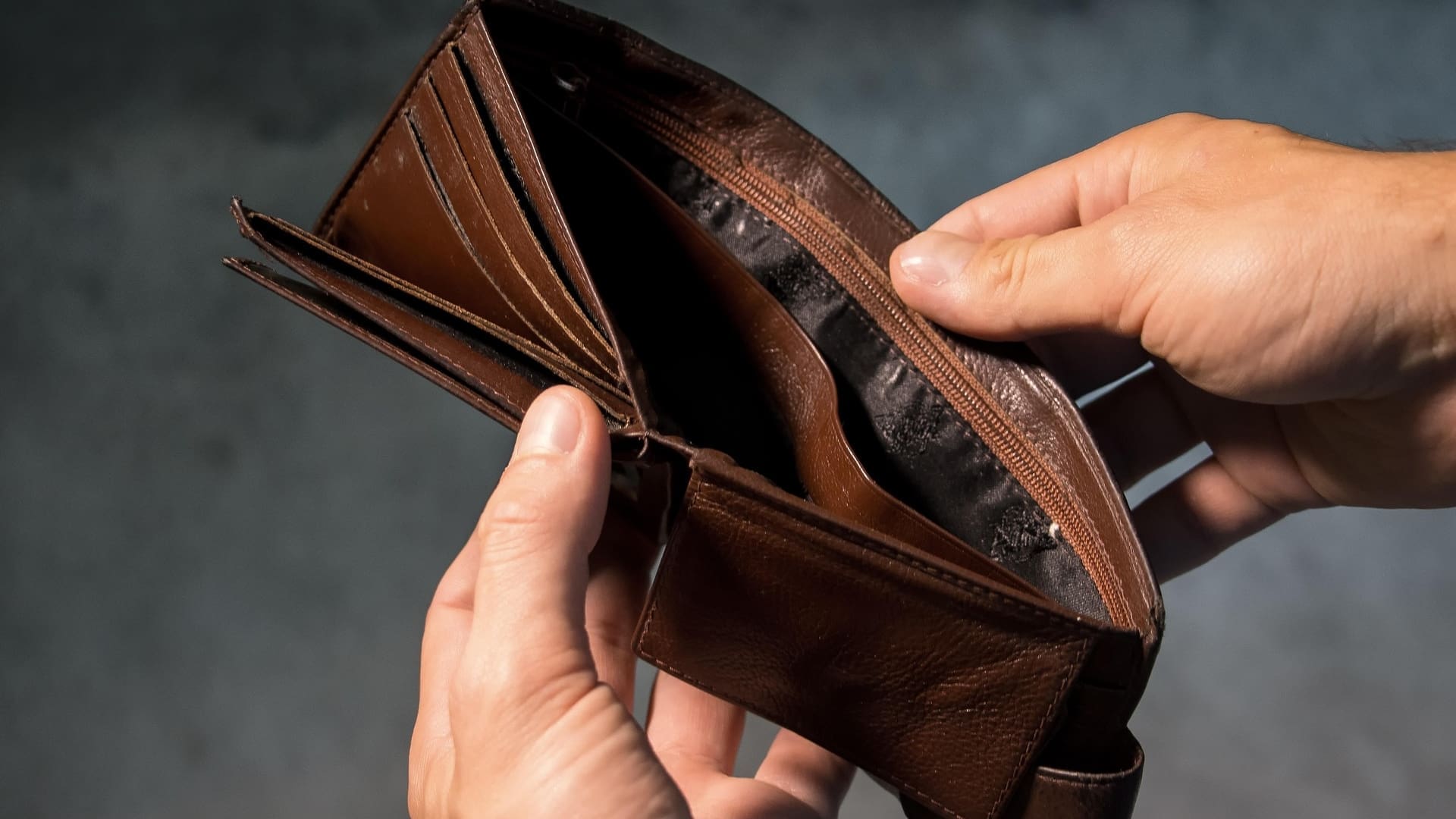- Standard Bank says that after analysing the data of 402 000 South Africans, only half have over R1 000 in their account by the end of the month.
- The bank says that this is because South Africans are pursuing lifestyles they can’t afford.
- However, Standard Bank fails to note that inflation has gone upwards while salaries have remained rather stagnant.
Almost half of South Africans have less than R1 000 or a negative balance on their account the day before payday. This is according to Standard Bank which warns that South Africans may be living lifestyles that are kneecapping their finances.
Analysis of over 402 000 individuals who receive their salary in the middle, 25th of the month and month end, revealed that 50 percent of locals have more than R1 000 in their account the day before they are paid. Concerningly, 28 percent have negative balances or are leveraging overdrafts and 21 percent of South Africans have less than R1 000 in their account.
“This situation highlights the growing challenge of balancing income with lifestyle in today’s fast-paced world. However, it also presents an opportunity for individuals to take proactive steps toward financial resilience, claims Kabelo Makeke, Head of Personal & Private Banking at Standard Bank South Africa.
But pinning the blame on lifestyle is a bit of a cop out. Actually, its a major cop out.
Statistics South Africa reported in June that while annual consumer inflation was down from May to June (down here being 0.1 percent, hardly a blip), there were increases across the board.
Housing and utilities increased by 5.5 percent, food and non-alcoholic beverages increased by 4.6 percent, transport increased by 5.5 percent. Call us crazy but wanting a house and food isn’t exactly a “lifestyle” choice.
Granted, folks could be shopping at more expensive retailers but when food prices are increasing across the board, the problem is the economy and not necessarily whether people are spending a few more Rands at Woolies instead of Checkers.
However, Makeke seems adamant that actually South Africans are the problem here with many spending large portions of their salary early in the month leaving little for unexpected expenses.
However, the executive doesn’t mention that the start of the month is usually marked by a flurry of debit orders which to our mind would account for “large portions” of a person’s salary. Anecdotally, by the time the day after payday rolls around, my salary is a fraction of what it was thanks to payments that I need to make.
Is paying for internet, medical aid, rent, utilities and food just me wanting to live a lavish lifestyle now?
Perhaps Makeke needs a reminder that not every South African earns an executive level salary with multiple perks.
Standard Bank notes that high-income earners are often more susceptible to negative balances, pushing the blame for that on lifestyle inflation where a person may spend more once their salary goes up.
But again, Standard Bank pins the blame on the customer without mentioning other factors that influence why folks are spending more. In July we compared the price of a basket we shopped on Checkers Sixty60 in 2021 against prices in June.
In just three years the price of that basket increased R117. Meanwhile, over the same period, minimum wage increased just R5.89. How Standard Bank can look at this data and then say South Africans need to make adjustments is out of touch and frankly, disturbing.
While we do suspect that many South Africans may be living beyond their means, many aren’t even able to afford basics by month end because the fact of the matter is everything is getting more expensive and salaries aren’t increasing at the same rate. This is evident in the fact that even high-income earners are struggling to maintain a positive balance on their accounts throughout the month.
Make no mistake, managing your money and making smart spending decisions is important but when a packet of bananas now costs R10 more than it did four years ago and you’re only earning R5 more, there are deeper problems that need addressing than how you manage your finances.
[Image – Andrew Khoroshavin from Pixabay]

